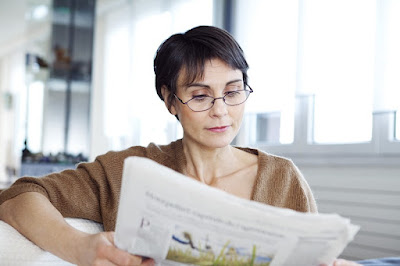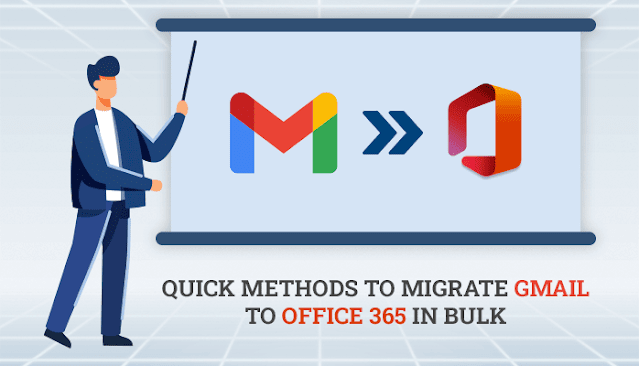Why Do We Need Reading Glasses as We Age?
As the years pass, most of us will eventually need reading glasses. Here's some information about what age groups are affected by this phenomenon and how you can combat it before it becomes too late.
What Happens When You Age?
As we age, our eyesight begins to decline. This is due to a number of factors, including natural deterioration and the cumulative effects of exposure to sun and other hazards. As our vision becomes less accurate, we may need reading glasses to see clearly.
There are a few things you can do to help preserve your eyesight as you age:
Stay physically active. Exercise keeps our bodies healthy, which in turn helps keep our eyesight sharp.
Exercise keeps our bodies healthy, which in turn helps keep our eyesight sharp. Get regular checkups. Make sure your eye doctor checks your vision regularly and warns you if there are any signs of worsening vision.
Make sure your eye doctor checks your vision regularly and warns you if there are any signs of worsening vision. Wear sunglasses when outdoors in the sunlight. Protecting your eyes from the sun's harmful UV rays can help protect your vision over time.
Reading Glasses for Vision Problems
Reading glasses are a great way to improve vision for people as they age. They come in different strengths and styles, so you can find one that fits your needs.
If you have difficulty reading because of poor vision, reading glasses can help. They provide a higher level of magnification than regular eyeglasses, which helps you see the printed words more clearly. You may also need them if you have macular degeneration or other eye diseases that affect your central vision.
There are a variety of types of reading glasses to choose from, including bifocals, trifocals, and progressive lenses. You can also get readers with flexible arms that let you adjust the eyeglasses to fit your face better.
When choosing reading glasses, be sure to consider your overall prescription and the type of eyeglasses you usually wear. Most pharmacies carry a wide selection of these frames, so it’s easy to find what works best for you.
How to Get the Most out of Your Reading Glasses
Reading glasses can help you enjoy reading more by reducing the strain on your eyes. By taking some simple steps, you can get the most out of your reading glasses and enjoy a more comfortable reading experience.
To begin with, it is important to find the right pair of reading glasses for you. You may need a different pair of glasses for different activities, such as reading books or looking at computer screens. Be sure to try on different pairs of glasses to see which ones fit best and feel comfortable.
Secondly, make sure that you are using your reading glasses correctly. If you are using them incorrectly, they will not be as effective as they can be. Make sure that the arms of your reading glasses are aligned straight across your eyes and that the lenses are positioned close to your eyes.
Finally, make sure that you give your eyes time to adjust to wearing your new reading glasses. After wearing them for a while, your eyes will start to adjust and will become used to their new shape and size.
What is your vision like with reading glasses?
As we get older, our eyesight can start to decline. This means that reading glasses are often a necessary part of our everyday lives. But what happens when our eyesight gets too bad for reading glasses to be effective? What is your vision like with reading glasses?
When your eyesight is too poor for regular reading glasses to work, you may need bifocals or trifocals. Bifocals are lenses in two different focal lengths, which allows you to read up close and at a distance. Trifocals are lenses in three different focal lengths, which is perfect for people who need to read from close up to far away.
However, even if your eyesight isn't good enough for bifocals or trifocals, you can still read effectively with a pair of readers. Readers have smaller lenses than regular eyeglasses, which makes them easier to wear and more comfortable. Plus, they reduce the amount of light entering your eye, so you can read in low-light conditions without having to strain your eyes.
Conclusion
As we get older, our eyesight naturally starts to decline. This isn't always a bad thing, as glasses can help us see better in low light and while wearing glare-causing sunglasses. However, when it comes to reading glasses, the options available tend to be geared towards those aged 18-35 years old. If you are over the age of 35, or if you have normal vision but find that you need reading glasses for tasks such as desk work or watching TV, then you might benefit from using an optometrist to custom make a pair of eyeglasses specifically for your needs.
As we age, our eyesight begins to decline. This is due to a number of factors, including the natural process of aging and exposure to UV rays. If you are like most people, your reading glasses have probably become a part of your regular routine. But do you know why reading glasses are so important? When you wear reading glasses, you are able to see clearly up close and at a distance. This is especially helpful if you have difficulty seeing in dim light or if you are struggling with dyslexia or other types of vision problems. So don't wait — get yourself a set of comfortable reading glasses today!



